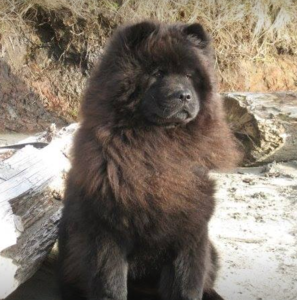- Joined
- Dec 14, 2009
- Messages
- 2,607
FYI if you are feeding your dogs a grain free diet:
https://www.fda.gov/animal-veterina...n-between-diet-and-cases-canine-heart-disease
https://www.dogfoodadvisor.com/wp-c...nk-Between-Diet-and-Heart-Disease-in-Dogs.pdf
https://www.fda.gov/animal-veterina...n-between-diet-and-cases-canine-heart-disease
https://www.dogfoodadvisor.com/wp-c...nk-Between-Diet-and-Heart-Disease-in-Dogs.pdf





300x240.png)